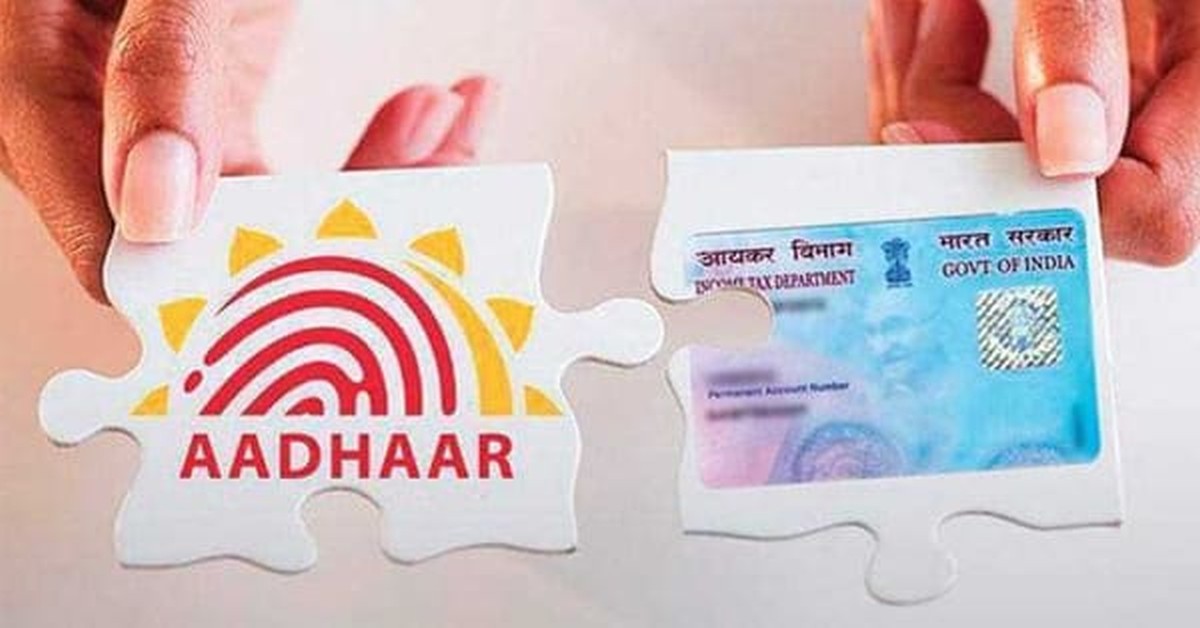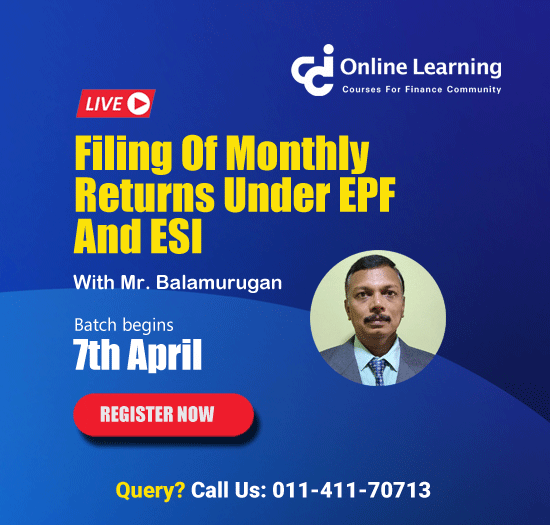The government introduced the Permanent Account Number (PAN) to make it easier to access taxpayer information and match it with their investments, loans, and business activities. This helps detect and prevent tax evasion and broaden the tax base.
According to the Income Tax Act of 1961, it became mandatory to link Aadhaar number with PAN by June 30, 2023. Failing to do so would render PAN inactive from July 1, 2023.
If PAN is not linked with Aadhaar, it can create difficulties in certain transactions. For example, routine banking transactions such as depositing more than Rs. 50,000 in a bank account, paying insurance premiums exceeding Rs. 50,000, or applying for credit/debit cards may be affected. Senior citizens (except those aged 80 years or more) who haven't linked PAN with Aadhaar may also face consequences. However, residents of Assam, Jammu and Kashmir, Meghalaya, non-residents, and non-Indian citizens are exempt from PAN-Aadhaar linkage.
Many investors are facing issues in conducting financial transactions like mutual fund investments or stock trading. Computer Age Management Services (CAMS) has confirmed the mandatory requirement of linking PAN with Aadhaar, and non-compliance may result in the non-processing of financial and service requests.
As per government guidelines, if PAN is not linked to Aadhaar by June 30, 2023, the PAN associated with SBI Credit Card will be considered inactive from July 1, 2023.
It is mandatory to quote PAN on income tax returns and in correspondence with income tax authorities. Since January 1, 2005, PAN must also be quoted on payment challans for any transactions, as per the Income Tax Department.

When PAN becomes inactive, some financial transactions cannot be carried out by individuals, while others can still be done with higher tax rates. Here are the 15 financial transactions that cannot be done with an inactive PAN:
- Opening a bank account (excluding time deposits and basic savings bank deposit accounts)
- Applying for a credit or debit card
- Opening a demat account with SEBI-registered entities
- Making cash payments exceeding Rs. 50,000 to hotels or restaurants at one time
- Making cash payments exceeding Rs. 50,000 for foreign travel or purchase of foreign currency at one time
- Making payments exceeding Rs. 50,000 to mutual funds for purchasing units
- Making payments exceeding Rs. 50,000 to companies or institutions for acquiring debentures or bonds issued by them
- Making payments exceeding Rs. 50,000 to the Reserve Bank of India for acquiring its bonds
- Depositing cash exceeding Rs. 50,000 in a day with banks or co-operative banks
- Making cash payments exceeding Rs. 50,000 in a day for purchasing bank drafts, pay orders, or banker's cheques from banks or co-operative banks
- Opening a time deposit exceeding Rs. 50,000 or aggregating to more than Rs. 5 lakh during a financial year with banks, post offices, Nidhis, or NBFCs
- Making cash, bank draft, pay order, or banker's cheque payments exceeding Rs. 50,000 in a financial year for one or more prepaid payment instruments
- Paying life insurance premiums exceeding Rs. 50,000 in a financial year to an insurer
- Engaging in a contract for the sale or purchase of securities (other than shares) for an amount exceeding Rs. 1 lakh per transaction
- Engaging in the sale or purchase of shares of an unlisted company for an amount exceeding Rs. 1 lakh per transaction.
Additionally, three financial transactions have higher tax deductions when PAN is inactive:
- Sale or purchase of a motor vehicle (excluding two-wheeled vehicles)
- Sale or purchase of immovable property valued at more than Rs. 10 lakh or assessed at such value by the stamp valuation authority
- Sale or purchase of goods or services exceeding Rs. 2 lakh per transaction.
Overall, it is important to link PAN with Aadhaar to avoid disruptions in financial transactions and comply with the regulations set by the Income Tax Department.
The author is a Chartered Accountant with 2 decades of experience into Accounting, Taxation, Auditing, Risk & Compliance, Credit Controls, Due diligence. Currently, the author is the founder and managing partner at RRL Global services.






 CAclubindia
CAclubindia

